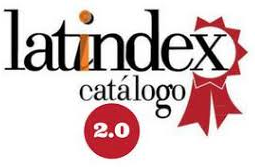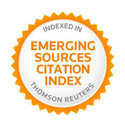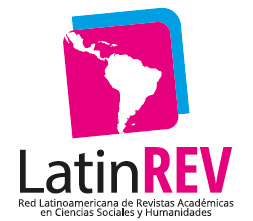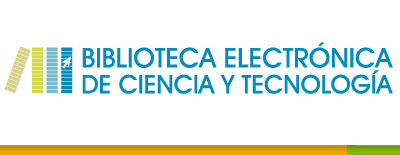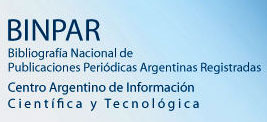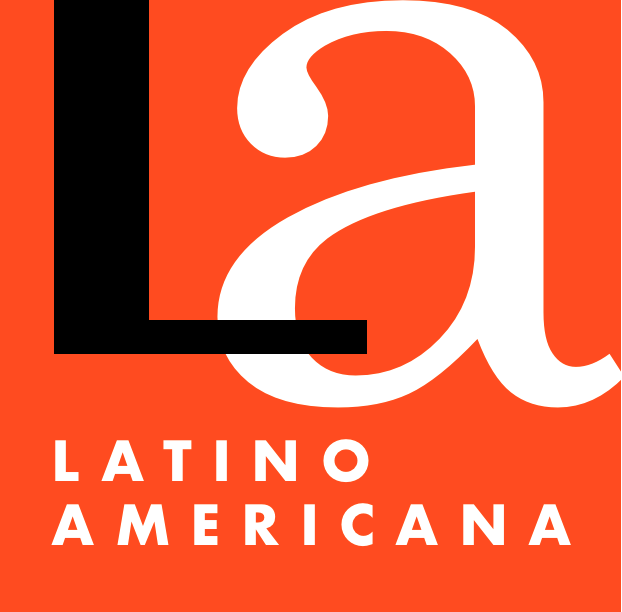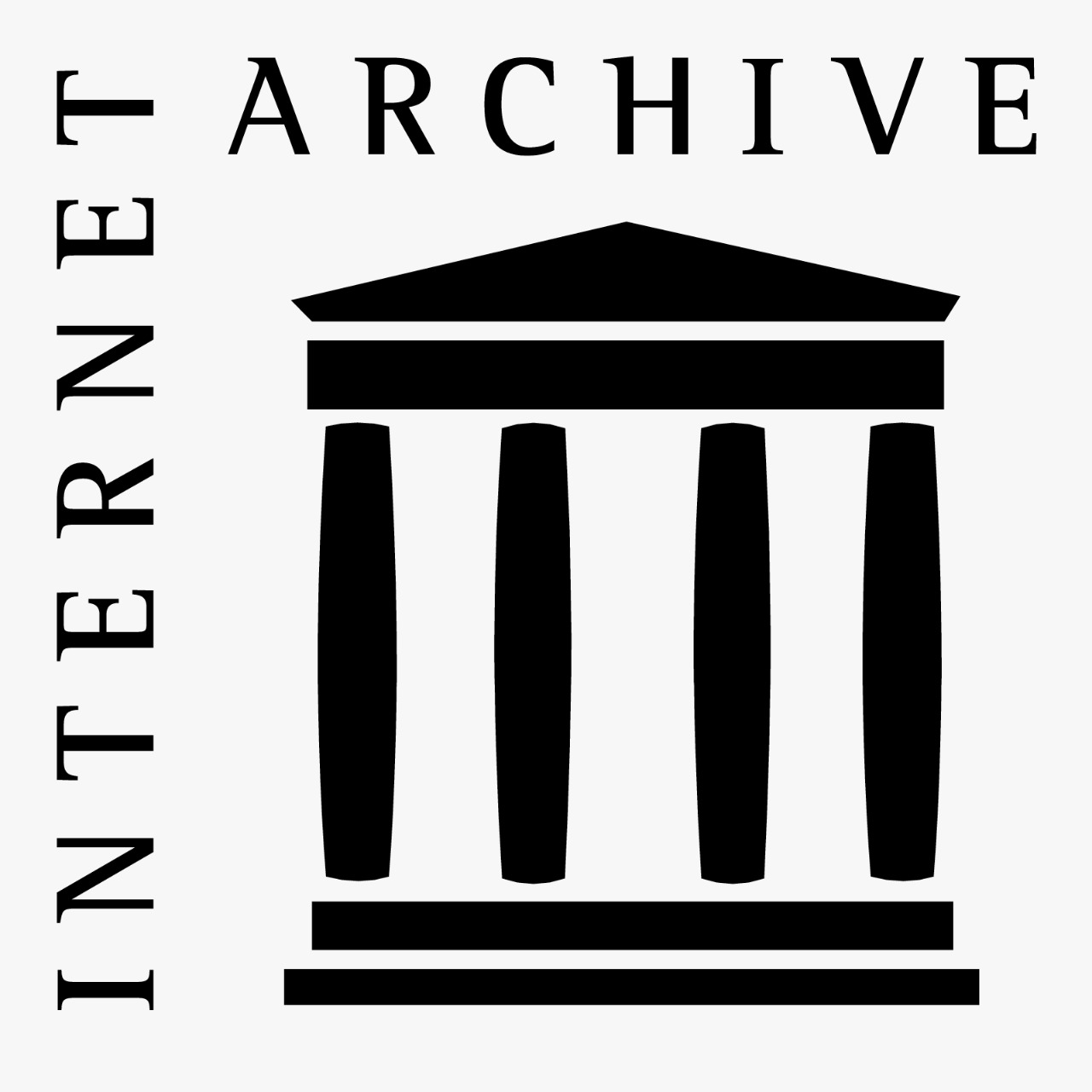COVID-19 prevention campaigns in a digital context
The case of the “Let’s practice citizenship” government campaign in Argentina
Abstract
This exploratory-analytical work focuses on official government campaigns promoting COVID-19 prevention in Argentina. More specifically, it looks at the “Let’s practice citizenship” campaign, which called on Argentine citizens to prevent a second surge in COVID cases. We observed the publication of these announcements on digital platforms, analyzing their content and their repercussions on Twitter. In doing so, we hoped to determine the role played by “care” and “citizenship,” as theoretical and political categories, in the context of these communications. For our case study, we evaluated the public health narrative told by the national government as well as user reactions in the selected digital platform. As a theoretical framework, this article reviews the main terms used in the government campaign, so as to settle on the intended meanings of “care” and “citizenship.” We then continue with our methodological strategy, which we carried out entirely within digital media. This strategy followed two steps: first, we identified the campaign videos on YouTube, so as to closely describe them; and then, through a web scraping technique, we recovered the tweets responding to the government campaign. Our analysis identified the most common terms used in both government videos and user tweets, via word clouds generated from the results of our previous review. We conclude that users largely responded negatively to the government strategy and its narrative contradictions, as the official discourse promoted “care” and “safety” while mass mobilizations on the streets were still permitted. These user responses were typically aggressive and complained about the behavior of the country’s president and vice president, demanding that they “set an example” for citizens.
Downloads
References
@SanBravoOK. (1 de marzo de 2021). “Prevengamos la segunda ola de Covid. Practiquemos la CIUDADANIA”. Prescindencia de la NazioN [Tweet]. Twitter https://twitter.com/SanBravoOk/status/1366548674663317505?s=20&t=aZoPAqvLTd_eulJ91t2XLQ.
Alcalay, R. (1999). La comunicación para la salud como disciplina en las universidades estadounidenses. Revista Panamericana de Salud Pública, 5(3), 192-196. https://www.scielosp.org/pdf/rpsp/v5n3/top192.pdf.
Amossy, R. y Herschberg Pierrot, A. (2010). Estereotipos y clichés. Eudeba.
Bañuelos, J. (2009). YouTube como plataforma de la sociedad del espectáculo. Razón y Palabra, (66). https://www.redalyc.org/articulo.oa?id=199520908014.
Batthyány, K. (2009). Cuidado de personas dependientes y género. En Aguirre, R. (Ed.), Las bases invisibles del bienestar social: El trabajo no remunerado en Uruguay (pp. 87-121). Fondo de Desarrollo de las Naciones Unidas para la Mujer.
Bruno, D., Zapesochny, V., Huarte, C., Jait, A., Tufró, L., Sandomirsky, M. y Aragues, A. (2013). El desafío de hacer de la comunicación un componente estratégico de las políticas públicas en salud. Revista de Comunicación y Salud, 3(1), 51-65. http://doi.org/10.35669/revistadecomunicacionysalud.2013.3(1).51-65.
Calvo, E. (2015). Anatomía política de Twitter en Argentina: Tuiteando #Nisman. Capital Intelectual.
Casa Rosada Presidencia. (20 de marzo de 2020). Palabras del presidente de la Nación, Alberto Fernández, luego de su reunión con los Gobernadores, para analizar la pandemia del coronavirus, COVID-19, desde Olivos. https://bit.ly/3PMEUCV.
Casa Rosada - República Argentina. (4 de enero de 2021). Ciudadanía. [Archivo de Video]. YouTube. https://www.youtube.com/watch?v=HIzXlxuU2Zc&ab_channel=CasaRosada-Rep%C3%BAblicaArgentina.
Casa Rosada - República Argentina. (5 de enero de 2021a). Ciudadanía - mate. [Archivo de Video]. YouTube. https://www.youtube.com/watch?v=Gz1WKdg9Ogc&ab_channel=CasaRosada-Rep%C3%BAblicaArgentina.
Casa Rosada - República Argentina. (5 de enero de 2021b). Ciudadanía - cena. [Archivo de Video]. Youtube. https://www.youtube.com/watch?v=AS9GTQtQU0o&ab_channel=CasaRosada-Rep%C3%BAblicaArgentina.
Casa Rosada - República Argentina. (25 de enero de 2021). Ciudadanía - Fiestas clandestinas. [Archivo de Video]. YouTube. https://www.youtube.com/watch?v=1_CDp2l4WHg&ab_channel=CasaRosada-Rep%C3%BAblicaArgentina.
Curran, J. (2013). Big Data or “Big Ethnographic Data”? Positioning Big Data within the ethnographic space. En EIPIC Proceedings (pp. 62-73). American Anthropological Association.
Faur, E. (2014). El cuidado infantil en el siglo XXI. Mujeres malabaristas en una sociedad desigual. Siglo XXI.
Fisher, B. y Tronto, J. (1990). Toward a feminist theory of caring. En Abel, E. y Nelson, M. (Eds.), Circles of care: Work and identity in women’s lives (pp. 35-92). State University New York Press.
Greco, L. R., Echazu Böschemeier, A. G., Abbatizzti, M., Osorio, V., Ricco, R. y Saraceno, F. (2019). El Parto Planificado en Domicilio (PPD) como práctica de cuidadanía: relevamiento cuali-cuantitativo de experiencias en Argentina (2000-2018). Cadernos de Gênero e Diversidade, 5 (4), 252-273. https://doi.org/https://doi.org/10.9771/cgd.v5i4.29455.
Hine, C. (2004). Etnografía Virtual. Universidad Oberta de Catalunya.
Junco, C., Pérez Orozco, A. y Del Río, S. (2004). Hacia un derecho universal de cuidadanía (sí, de cuidadanía). Libre pensamiento, 51, 44-49.
Lavado, A. (2010). El consumo de YouTube en España. Global Media Journal México, 7(14), 76-92.
Leiva Gómez, S. (2015). Organización social del cuidado en Bolivia y Chile: Estado y cuidadanía. Revista Austral de Ciencias Sociales, (28), 61-81.
Manovich, L. (2013). Introducción: estudios de Software para Principiantes. En El Software toma el mando (Trad. A. Yalj y S. Alamo, pp. 6-43). Editorial UOC.
Martínez Villarreal, D., Rojas Méndez, A. y Scartascin, C. (2020). La economía del comportamiento puede ayudar a combatir el coronavirus. Banco Interamericano de Desarrollo. https://publications.iadb.org/publications/spanish/document/La-economia-del-comportamiento-puede-ayudar-a-combatir-el-coronavirus.pdf.
Marugán Pintos, B. (2017). La cuidadanía como eje de un nuevo pacto constituyente. Revista “Cuadernos Manuel Giménez Abad”, 5, 122-136.
Montero, A. S. (2022). El desafío de nombrar la pandemia en el discurso político argentino. Del enemigo invisible a la infectadura. InMediaciones De La Comunicación, 17(1), 105-127. https://doi.org/https://doi.org/10.18861/ic.2022.17.1.3230.
Peña-Pascual, I. (2012). Posibilidades de las “nubes de palabras” (word clouds) para la elaboración de actividades de contenido cultural en el aula de AICLE. Servicio de Publicaciones de la Universidad de Navarra. https://hdl.handle.net/10171/27590.
Pérez Orozco, A. (2006). Amenaza de tormenta: la crisis de los cuidados y la reorganización del sistema económico. Revista de Economía Crítica, (5), 7-37.
Ramonet, I. (2020). La pandemia y el sistema-mundo. Asociación Española de Estudio en Drogodependencia. https://www.aesed.com/es/la-pandemia-y-el-sistema-mundo.
Razavi, S. (2007). The Political and Social Economy of Care in a Development Context. Conceptual Issues, Research Questions, and Policy Options. Gender and Development Programme, (3), 20-21. https://doi.org/10.3764/aja.117.2.0207.
Rodríguez Ruiz, B. (2010). Hacia un Estado post-patriarcal. Feminismo y cuidadanía. Revista de Estudios Políticos, 149, 87-122.
Rojas, D. (2012). argentuits. Pasiones políticas en 140 caracteres. Planeta.
Sánchez Tarragó, N. (2021). Descubriendo críticas al acceso abierto mediante la visualización de textos con Voyant Tools. Revista Cubana de Información en Ciencias de la Salud, 32(1), e1824. https://www.medigraphic.com/cgi-bin/new/resumen.cgi?IDARTICULO=105361.
Schroeder, P. y Amadeo, B. (2021). Communication Strategy for COVID-19 in Uruguay. En Balonas, S., Ruão, T. y Carrillo, M. V. (Eds.), Strategic Communication in Context: Theoretical Debates and Applied Research (pp. 295-322). UMinho Editora/Centro de Estudos de Comunicação e Sociedade.
Silva Jaramillo, S. (2018). Sesgos, heurísticas y arquitectura de las decisiones: “Un pequeño empujón” como introducción al paternalismo libertario de Richard H. Thaler y Cass R. Sunstein. Sociedad y Economía, (35), 221-224. https://doi.org/10.25100/sye.v0i35.7300.
Suárez-Giraldo, C. (2021). Análisis de la edición digital de un relato del siglo XIX a través de Voyant Tools. #noviembreHD. Cuarto Congreso de la Asociación Argentina de Humanidades Digitales (AAHD). Asociación Argentina de Humanidades Digitales, Buenos Aires.
Sunstein, C. R. y Thaler, R. H. (2006). El paternalismo libertario no es un oximorón. Derecho & Sociedad, (27), 159-182.
Sunstein, C. R. y Thaler, R. H. (2017). Un pequeño empujón: el impulso que necesitas para tomar mejores decisiones sobre salud, dinero y felicidad. Taurus.
Tronto, J. (2020). ¿Riesgo o cuidado? Fundación Medifé Edita.
Copyright (c) 2022 Nazareno Lanusse, Mariángeles Vallejos

This work is licensed under a Creative Commons Attribution-NonCommercial-ShareAlike 4.0 International License.
The authors retain the copyright and guarantee the journal the right to be the first publication of the work. In case that a translation of the article already published in Austral Comunicación can be published in another journal, it is requested to record the original publication in the translated version.
The license used is CC BY-NC-SA, which allows sharing (copying and redistributing the material in any medium and format) and adapting (remixing, transforming and building on the material) under the following terms: attribution (acknowledge authorship) and non-commercial (the material cannot be used for commercial purposes). Update: February 1, 2022.
Austral Comunicación allows the author (s) to retain the publication rights without restrictions.








